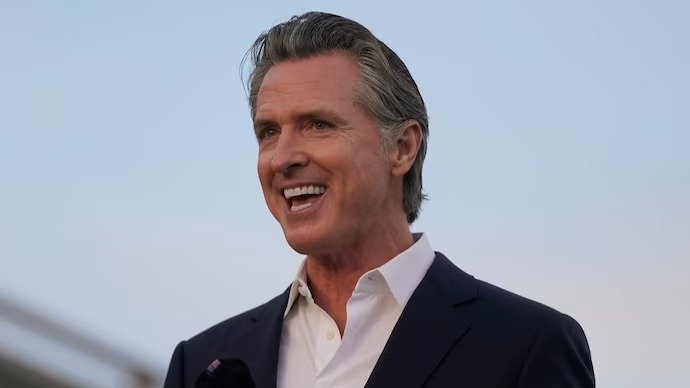ArdorComm News Network
January 2, 2024
California is set to provide free healthcare to over seven lakh immigrants, regardless of their immigration status, starting this New Year. The ambitious expansion is part of the Democrats’ broader goal to achieve universal healthcare coverage for the state’s approximately 39 million residents. This initiative, spearheaded by Democratic Governor Gavin Newsom, will cost the state an estimated $3.1 billion annually.
The expansion marks a significant milestone, making California the most populous state to guarantee such extensive coverage. Oregon had initiated a similar program in July, but California’s scale surpasses that effort.
The move is a result of a 2022 agreement between Governor Newsom and lawmakers to extend healthcare access through the state’s Medicaid program, Medi-Cal, to all low-income adults, irrespective of their immigration status. Advocates argue that this expansion will bridge gaps in healthcare access and eventually save the state money, as individuals without legal status often delay or avoid care, leading to costlier emergency room treatments.
However, as the program kicks off, California faces a daunting $68 billion budget deficit, raising concerns about the economic implications of the expansion. Republican Senator Roger Niello questions the decision, emphasizing the impact on the state’s deficit.
Critics worry that the expansion could strain the already burdened healthcare system and highlight the high costs associated with the move. The estimated annual cost of $3.1 billion adds to the state’s substantial Medicaid program expenses, which currently stand at around $37 billion annually.
Despite the challenges, advocates view this expansion as a crucial step toward comprehensive care. Dr. Efrain Talamantes of AltaMed in Los Angeles, the largest federally qualified health center in California, sees it as a “win-win” situation that will contribute to community health.
While California faces hurdles such as a record budget deficit and ongoing Medicaid eligibility reviews, healthcare advocates emphasize the need to reach out to a historically excluded population. Fear and distrust, stemming from concerns about the “public charge” rule, may pose challenges, but the broader goal of achieving “universal coverage” remains a driving force.
The expansion represents California’s most significant healthcare initiative since the implementation of the Affordable Care Act in 2014. Despite financial constraints, the state aims to prioritize the health of its residents, particularly those who have long been excluded from the healthcare system.


